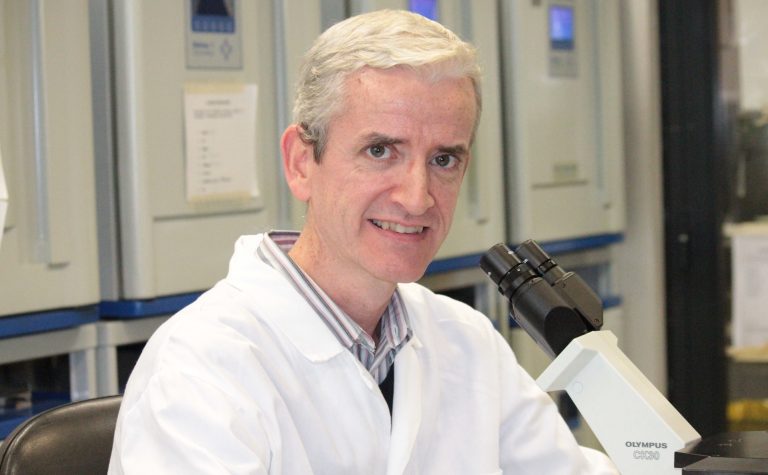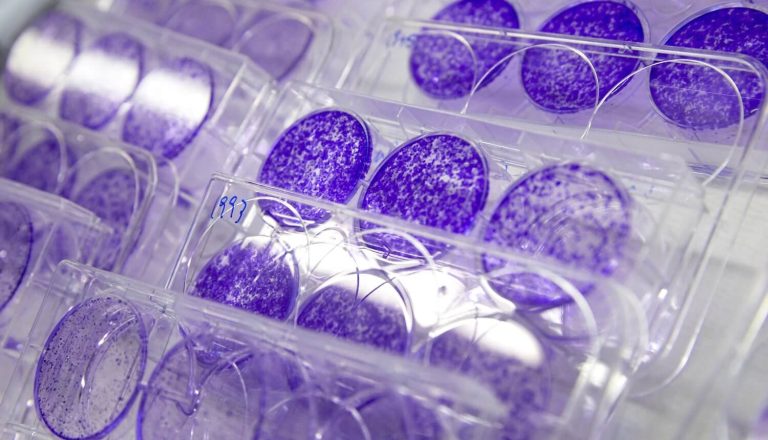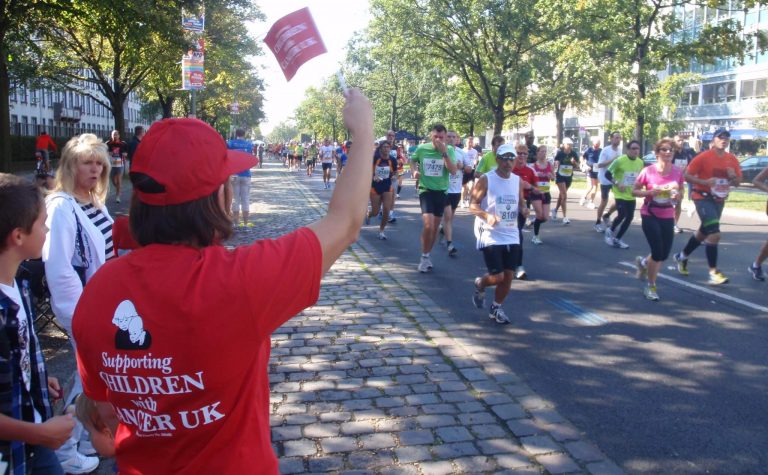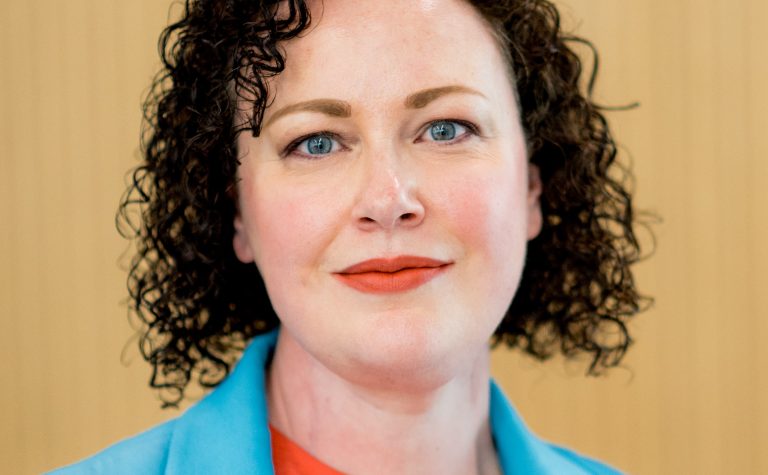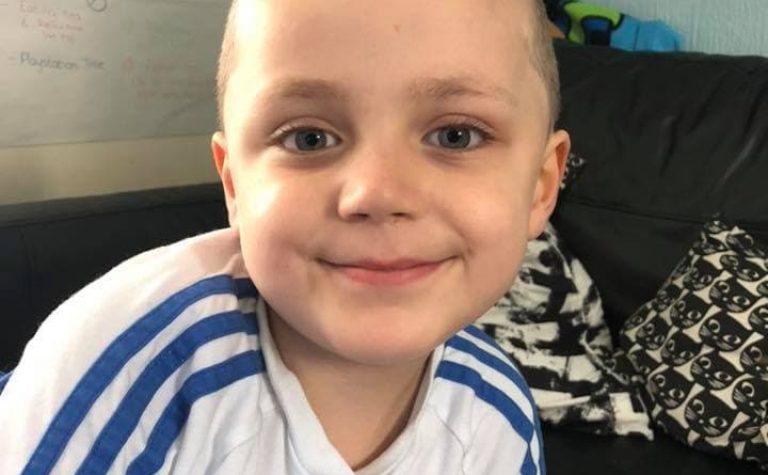About the Research Team
Professor Owen Williams, has run a research group in the UCL Great Ormond Street Institute of Child Health (UCL GOS ICH) for over 20 years, investigating how blood cancer forms in children and how this knowledge can be used to design new treatments for this disease. His group works in close collaboration with clinical colleagues in both Great Ormond Street Hospital (GOSH) and University College London Hospital (UCLH) to identify new suitable treatments that can be safely used in children with AML.
The co-applicants on this project, Dr David O’Connor (GOSH, UCL Cancer Institute), Dr Jack Bartram (GOSH) and Dr Rob Sellar (UCLH, UCL Cancer Institute) are consultant haematologists and clinical scientists with first hand expertise in treating children with AML and in laboratory research techniques that are vital for this project.
The team will also collaborate with Professor Marc Mansour (UCL GOS ICH, UCL Cancer Institute, UCLH) who is a group leader and consultant haematologist, who’s laboratory and clinical expertise will also be vital for this project. This team already works together and has made important contributions to the study, diagnosis and development of treatments for children and young adults suffering from blood cancer.
